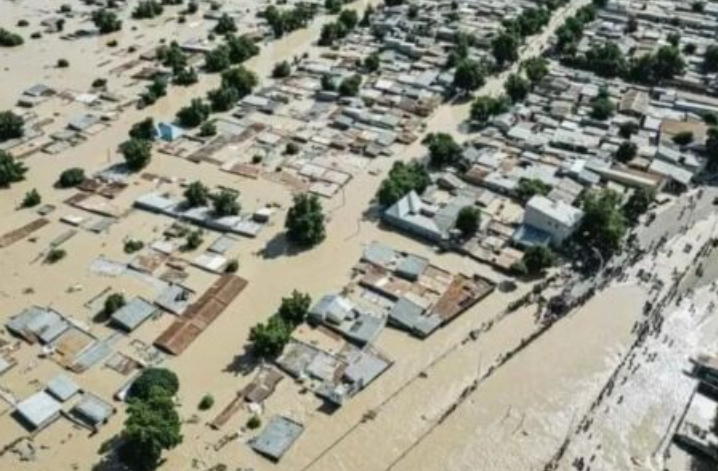By Harriet Tornguvan
In the wake of devastating floods, communities across the state face immense challenges. Among the most affected are people with disabilities, whose resilience and faith shine through even in the most trying circumstances. The flooding has disrupted livelihoods, displaced families, and damaged infrastructure, yet individuals with disabilities continue to exhibit remarkable strength.
Their faith plays a crucial role in navigating these hardships. For many, it is a source of hope and courage, empowering them to face the daily struggles of accessibility, healthcare, and basic survival. Communities have also rallied around them, offering support in ways that highlight the collective spirit of perseverance. Religious institutions, NGOs, and local volunteers provide both physical assistance and spiritual encouragement, ensuring that those with disabilities are not forgotten during this time of crisis.
Despite the overwhelming nature of the disaster, the resolve of these individuals serves as a reminder of the human capacity for resilience. Their stories inspire others to hold onto hope, rebuild, and continue moving forward with faith as their guiding light in the face of adversity.
During flooded days, people with disabilities rely on a variety of means for survival, often demonstrating resourcefulness and resilience despite the immense challenges posed by the disaster. Mobility and access to essential services become difficult, and many are forced to adapt to their environment in creative ways.
1. Community and Family Support: For many, the primary means of survival is the support of family members, neighbors, and local volunteers. Those with limited mobility are often carried to higher ground or safer locations, and local communities work together to ensure that individuals with disabilities are not left behind. Families may create makeshift rafts or secure shelter in elevated areas where floodwaters are less severe.
2. Local and Religious Institutions: Many people with disabilities turn to local community centers, places of worship, or shelters set up by the government or NGOs. These institutions provide vital supplies such as food, clean water, and medical assistance. They also offer spiritual and emotional support, which helps people cope with the mental stress of the situation.
3. Government and NGO Assistance: Humanitarian organizations often prioritize vulnerable populations, including people with disabilities, during floods. Emergency relief teams may bring mobility aids, medical supplies, and specialized services to help those with specific needs. Accessible transportation, such as specially equipped boats or vehicles, is provided in some areas to evacuate people to safer locations.
4. Adaptation and Self-Reliance: Some individuals with disabilities develop their own methods of survival, using their unique skills and knowledge. For example, those with hearing impairments may rely on visual cues to communicate during the chaos, while individuals with physical disabilities may use assistive devices that they’ve adapted to function in waterlogged environments. Others focus on conserving energy, rationing food, and making use of available resources to survive extended periods of isolation.
5. Faith and Resilience: Faith often plays a central role in the survival of people with disabilities during floods. Many draw strength from their spiritual beliefs, which helps them endure the physical and emotional strain. Their resilience, anchored by faith, becomes a crucial survival tool as they wait for help and continue to hold hope for recovery.
Despite the overwhelming difficulties, people with disabilities continue to show incredible fortitude, relying on a combination of community support, resourcefulness, and faith to survive during floods.
Helping people with disabilities during floods requires proactive measures, tailored support, and coordinated efforts from governments, communities, and humanitarian organizations.




